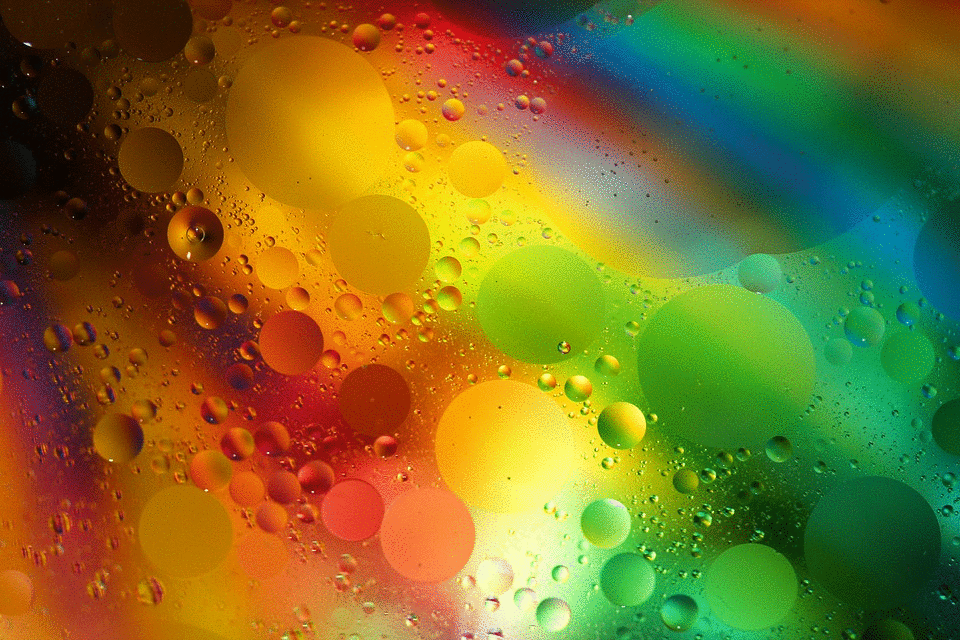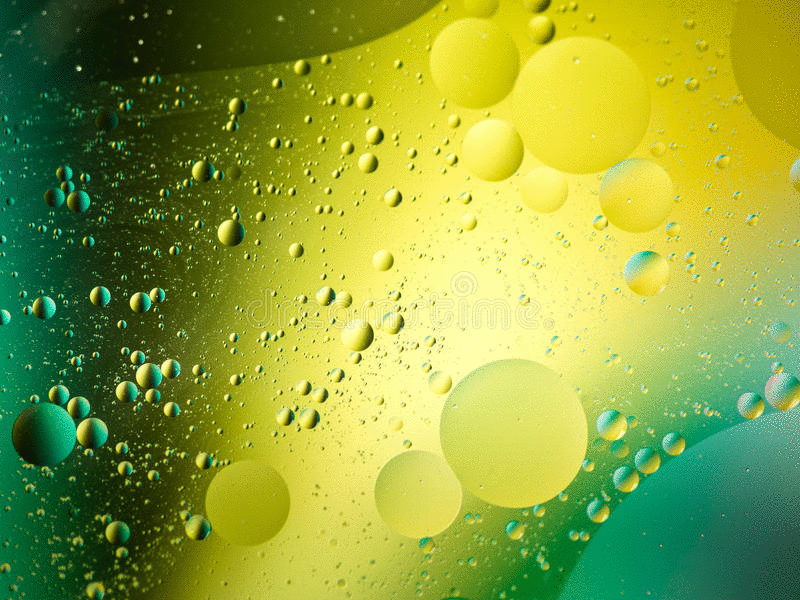n
Given the right context, any number of different smells can create a profound life memory. And there is perhaps no more powerful and profound smell than essential oils. If not familiar, essential oils are derived from naturally occurring volatile aromatic compounds found in the seeds, bark, stems, roots, flowers, and other parts of plants and trees. The essential oils processed from these aromatic compounds have long been used in a number of ways including food preparation, beauty treatment, and therapeutic practices. I’ve personally known about essential oils for many years because Carla, my wife, uses them regularly.
Last month I was teaching an MS Introductory Course in Southern California with good friend and fellow Master Sommelier, Laura Williamson. Laura is currently based in Carlsbad, California. Over the last two decades-plus, she’s had a remarkable career in practically every facet of the wine industry; from retail to owning a tasting bar and restaurant to managing two major import companies to running wine programs at several of New York’s top restaurants. Laura is also very much into essential oils. During a conversation, she mentioned having used the oils regularly for over 20 years. I was curious to learn if her experiences with the oils were the same as for wine. If not, how were they different? To learn more, I followed up our initial conversation with an extended phone interview. Here’s an encapsulation of that call.
LW: I began dabbling in essential oils in 1995, so for over 20 years.
TG: As a Master Sommelier and wine professional, is there any parallel you can draw between your experiences with the oils vs. wine.
LW: I think the two experiences are completely different. For me, essential oils are so much more 3D compared to wine.
TG: When you say 3D, what does that mean?
LW: With smelling essential oils, when I close my eyes there’s a huge, empowering energy that is deep in a way that can’t be found in wine.
TG: Why do you think that is?
LW: That’s a great question. First, I think not all oils offer the same experience. Different proprietors (producers) of oils have different quality calibers that they follow to meet their business prototypes. The oils I use are very pure in terms of the distillation process, so there’s no harm to any of the beneficial constituents gained from the oil. There’s an intense power from the oils because of the way they’re handled and the fact that the standards of production are so high.
TG: Getting back to what you said a moment ago; you mentioned that your experience of essential oils is 3D. Does that mean that wine is 2D for you? It sounds like when you use essential oils, it’s a very deep internal experience. Is your experience of wine considerably different?
LW: Yes, because these oils are a direct extension from a plant. When I say a direct extension, it means a connection where the essence or focal point of the oil has been curated and processed at its peak, or moment of exaltation. I think this “capture,” so to speak, comes across in a more intense way than with wine.
TG: How do you use the oils?
LW: I began using oils primarily in blends for additions to baths. But there are many other ways to use them. Using some of the citrus or floral oils can add lift and dimension to cocktails. As well, adding a drop of one of the more savory oils like basil, rosemary, juniper, or oregano can put a final touch or very important shift to a dish. A little goes a long way because the oils are so much more intense than dried or fresh herbs. However, if you don’t have fresh basil, you can just add one drop of a good pure, food-grade basil oil.
All the oils I use are food-grade so they can be used externally or internally. There are other oils that you would never take internally.
TG: Let’s talk about some of your favorite oils.
LW: Geranium oil comes to mind. There’s floral aspects to geranium as well as cleansing and spice aspects. I have some right here and when I smell it, it’s like pure happiness and joy. It’s all about positivity in an intense, almost overwhelming way; like falling into the largest pile of rose petals.
TG: How would you use geranium oil?
LW: I would never use geranium oil on its own. Instead, I use it externally in blends for the bath. I would combine it with other oils such as lavender, bergamot, grapefruit, Ylang-Ylang, and possibly Petitgrain. For the purposes of a bath, a blend like that would be effective for refreshing or reconnecting to the feminine center. All the oils I mentioned are very feminine and uplifting in their energy.
The reason why I love these oils so much is that any time you take the top off a bottle and smell the oil, the essence goes directly into your brain and resets your thought pattern in a such great way.
TG: It seems like for you there’s an almost immediate emotional reaction to smelling one of the oils. True?
LW: Absolutely.
TG: We don’t necessarily get the same thing from wine.
LW: No, not at all.
TG: Do you think it has to do with the purity and intensity of the oils? That these oils are like powerful single notes, so to speak?
LW: I think it’s exactly that.
TG: Pick another favorite.
LW: I’ll pick Neroli. I have a small empty bottle here that I’ve had for about ten years. I’m smelling the bottle now, and it’s like an orange blossom at exaltation. It reminds me of blossoms in the dessert that have the sweetest smell at night because the sun has gone down and there’s a little moisture in the air. The oils are thicker in the air then and you can feel it. Beyond that, it’s like the feeling of cleansing and calming simultaneously; like the purest, cleansed mentality. Those are the thoughts that come to mind.
TG: How do you use Neroli?
LW: I love this particular oil so much that I put it directly on my skin. I use one drop and rub it on the inside of my wrists. You can do the same with all the floral oils. Neroli helps calm the nervous system. It also has an ease about it, a purity. I didn’t mention this before, but there’s also a fresh greenness to it as well, like fresh-cut leaves from flowers. It’s like a dandelion stem that smells really fresh and green when you first cut it. But the prettiness in the oil from the blossoms of the orange gives it a calming and grounding effect.
TG: I’m curious; when you think about this oil, if you close your eyes do you see colors or shapes?
LW: No, not at all. But when I smell this oil I remember living in Tucson with the orange trees in blossom and walking outside at night in the warm spring air. You can feel warmth in the wind and smell the oil wafting in the air; it feels very safe in a kind of supported way.
LW: Let’s go to Vetiver. Vetiver is heavy, woodsy, and resiny. The smell reminds me of being in the mountains on a cold fall night after it rains. The bark on all the pine trees is so saturated with moisture that you can smell the soil—the earth–along with a medicinal quality from the bark itself. It’s a combination of earthy, resiny, wet, and medicinal smells.
Vetiver really grounds you. It’s almost like putting a cement block on top of your head (in the best possible way!) in that wherever you are, it feels like you’re not grounded and not going anywhere.
TG: How do you use Vetiver?
LW: Sometimes I use a drop or two in a bath combined with other relaxing and muscle-relieving oils like rosemary, juniper, and basil. The combination makes me feel a connection to the earth. Sometimes I’ll use a drop on the top of my head and rub it into my scalp. It really helps me focus and it grounds me when I’m really busy and doing a million things.
TG: How about another favorite oil; something floral like rose?
LW: Definitely; I have a bottle here called, “Pure Rose,” that’s basically Bulgarian rose. It has the highest frequency of any of the essential oils tested.
TG: When you say frequency, what does that mean?
LW: It means the moment you inhale the oil, your brain reacts instantaneously to it. You don’t have to put it on your skin or do anything else with it. Pure Rose is the most potent oil as far as connecting with your brain. Many studies have been done about oils and how our brains responds to them. When I smell Pure Rose, there’s a complete lift and feelings of freedom, flow, and expansion, and all in a very coddling, peaceful, and graceful manner. It’s like opening a door and everything that should be there is allowed to come in—without anything negative.
TG: The smell of an heirloom rose is my absolute favorite. For me, it’s beauty personified in smell.
LW: Completely agree; it’s extraordinary. The smell of Pure Rose is also very sensual in a peaceful way, and open and accessible in a non-judgmental way. It’s all that translated into one aroma. It’s very powerful.
TG: How do you use Pure Rose oil?
LW: I use it to make an all-natural balm I make with beeswax. I use only a drop in the balm and rub a bit on my arms to disperse it. The balm anchors the aroma and lets the intensity escalate but not get lost on your skin. I’ll also add drops of Pure Rose to a blend of oils that I apply to my face because of its repairing and rejuvenating properties.
TG: How about another oil that’s completely different?
LW: Let’s talk about Clary Sage. When I smell Clary Sage, it’s like a very powerful alignment; there’s a crystalline clarity to dreams, visions, or aspiration that I might have. For me, Clary Sage oil aligns, encourages, and reminds.
TG: What does it smell like?
LW: Clary Sage reminds me of damp woods and wet leaves mixed with fresh linden—almost like a cleansing solution. Think about when you smell Pine Sol and how that powerful pine aroma renders everything sterile. Clary Sage is similar but notched back quite a bit. It has woods, linden, and floral aspects along with earth and wet stone.
Right now, I’m looking at information on Clary Sage in a book I have, and it says the oil is used an anti-oxidant and anti-diabetic, anti-fungal, anti-spasmodic, and relaxant. It’s also used for insomnia, menstrual problems, circulatory problems, and more. It’s very calming and stress relieving.
TG: I’ve googled Clary Sage just now and it has quite an ancient history. It also lists all the properties you just mentioned and many more.
LW: It’s one of my favorites. I do think it’s an empowering oil for women. There’s such a beautiful balance about it.
TG: Let’s pick one more oil to finish up.
LW: I’m going to give you Blue Tansy. It originates from Morocco and has an azure blue color to it. It’s known for beneficially influencing the nervous system. The moment I smell it, it’s incredibly pretty, sweet, and demure. It’s like a pristine mountain place filled with flowers that’s completely untouched. It’s a really different experience from Pure Rose, which seems to go straight to the brain and rebalances you. Blue Tansy is coddling and supportive, like a cashmere blanket around you with the softest flowers underneath you.
TG: What’s interesting to me is how your responses to the oils are complex, layered experiences that are far beyond the experience of wine.
LW: Absolutely, and the fact that these oils also have healing properties. If I could have another career, I would love to dive into essential oils and help others try to experience the power in these oils to help balance what they’re going through in life.
TG: Does your experience with the oils teach you to be present and focused in a way that helps with smelling and tasting wine?
LW: Completely and on a very deep level. Along with yoga, the oils have helped me to be present and confident when analyzing wine in blind tasting. My experience with oils also teaches me to be more confident, open, and ready to literally feel a wine–in a way let it speak to me. Instead of trying to decipher a wine, I try to be present with it and connect with it in an energy sort of way.
TG: If anything, working with the oils might help you focus on scent while bringing other sensory modalities into the experience.
LW: I agree with that completely.
TG: Laura, thanks so much for your time. I definitely plan to check out the oils you’ve described and to read a bit about them. Cheers!
nn


